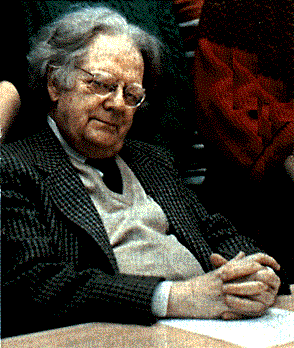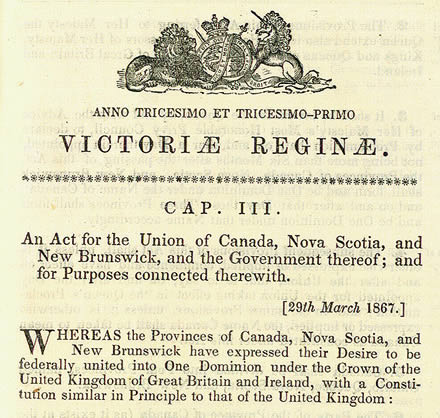Here’s a nice addition on the anniversary our nation was signed into law: Frye in “Trends in Modern Culture” describes liberalism as “the true faith in democracy”:
This is liberalism, the doctrine that society cannot attain freedom except by individualizing its culture. It is only when the individual is enabled to form an individual synthesis of ideas, beliefs, and tastes that a principle of freedom is established in society, and this alone distinguishes a people from a mob. A mob always has a leader, but a people is a larger human body in which there are no leaders or followers, but only individuals acting as functions of the group. Tolerance of disagreement and criticism among such individuals is necessary, not because uniform truth is nonexistent or unattainable, but because the mind is finite and passionate. (CW , 237)
Edward Greenspon in The Toronto Star today illustrates why the Harper government does not meet this standard:
For all its neglect, Liberalism actually stands for something important. It is, in the words of Canadian philosopher Charles Taylor, not a neutral concept but “a fighting creed.” It says: “That is not the way we do things” in the face of illiberal behaviours, whether these be misleading MPs about signatures on documents, failing to disclose the costs of fighter jets or prisons, proroguing Parliament rather than abide by rulings, attacking the legitimacy of independent watchdogs from Elections Canada to the Parliamentary Budget Officer, jamming the judiciary or weakening the channels of knowledge by which decisions can be taken on the basis of evidence rather than belief.

